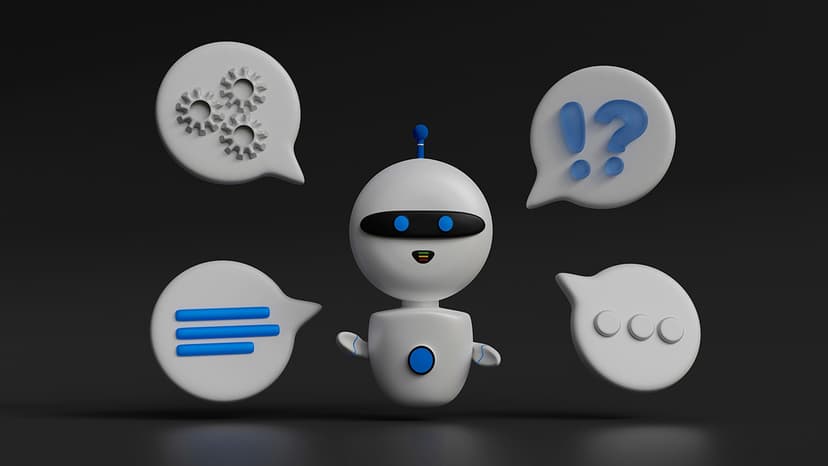Unveiling the Mystique of AI Learning Complexity
Artificial Intelligence (AI) touches almost every facet of our digital lives, from the personalized recommendations we receive while online shopping to the smart assistants like Siri and Alexa that respond to our every beck and call. Given AI's pervasive influence, understanding and learning AI can seem like a Herculean task – a tightly guarded secret code that only the tech elite can decipher. But is this really the case? Is AI incredibly tough to learn, or can mere mortals break through its complex exterior to master its secrets?
AI, at its core, is the simulation of human intelligence by machines. It's a broad umbrella term encompassing concepts such as machine learning, neural networks, deep learning, and cognitive computing. Let's first banish the myth that you need to be a super-genius to tackle AI. Just like any field of study, AI comes with its set of challenges, but with methodical learning and perseverance, it can certainly be understood and applied.
Starting the Journey
For beginners, the journey starts with the basics. Getting a grasp on the fundamental principles of math, especially concepts in linear algebra, calculus, and probability, is crucial for anyone looking to get into AI. Programming skills are also a cornerstone of AI learning. Proficiency in languages such as Python, which is known for its simplicity and versatility, can lay down a solid foundation for future AI-centric endeavors.
Understanding the Landscape
Learning AI also necessitates a broad understanding of the different areas within it. Not all facets of AI will be equally complex for every individual. For example, someone with a background in data science may find the transition into machine learning quite natural, while someone else with a knack for human-computer interaction might gravitate towards AI applications in user experience.
AI Tools and Frameworks
Thankfully, the giants in the tech industry have made the learning curve less steep. Companies like Google, with TensorFlow (TensorFlow.org), and Microsoft, with Azure Machine Learning (Azure.Microsoft.com), have created user-friendly platforms that allow beginners to start building AI models without reinventing the wheel. These platforms offer extensive documentation and tutorials to guide learners through the process.
Community and Education
One of the most significant advantages of living in the digital age is the sense of community and the wealth of resources available online. Websites like Coursera (Coursera.org) and edX (edX.org) offer courses designed by experts from top universities and tech companies. These platforms adapt to suit all levels of expertise and are accompanied by forums where learners from around the globe share their insights and troubleshoot together.
Challenges to Overcome
That said, venturing into AI isn't without its trials. The field is fast-growing and constantly evolving, which means that there is always something new to learn. At times, this can be daunting. There is no definitive end to the learning process in AI, which might at first seem intimidating.
AI also poses ethical and philosophical questions that cannot be ignored. As an AI aficionado, you will not only learn about technology but also ponder the implications of AI on privacy, employment, and society as a whole. Critical thinking and staying updated with the latest discussions in the field become an integral part of your learning journey.
The Practical Approach
Theoretical knowledge is just one side of the AI coin. Real-world application is the other. Engaging in projects, hackathons, and internships are practical ways to apply what you've learned. This hands-on experience is invaluable and allows learners to understand the intricacies of AI problem-solving.
Persistence is Key
Much like learning to play a musical instrument or acquiring a new language, patience and practice are the true secrets to mastering AI. The learning process can indeed be tough at times, but with a steady approach and a will to conquer the inevitable frustrations, anyone can become proficient.
The Bottom Line
Is AI tough to learn? Like most things worth learning, it poses its fair share of difficulties, but that doesn't make it unattainable. With an array of educational resources at your fingertips and an ever-growing community of enthusiasts and professionals to lean on, learning AI is not only possible; it's increasingly accessible.
The stigmas around AI's complexity shouldn't deter the curious mind. With a blend of structured learning, practical experience, and a sprinkle of tenacity, the AI castle can be stormed, and its treasures can be yours for the taking.












